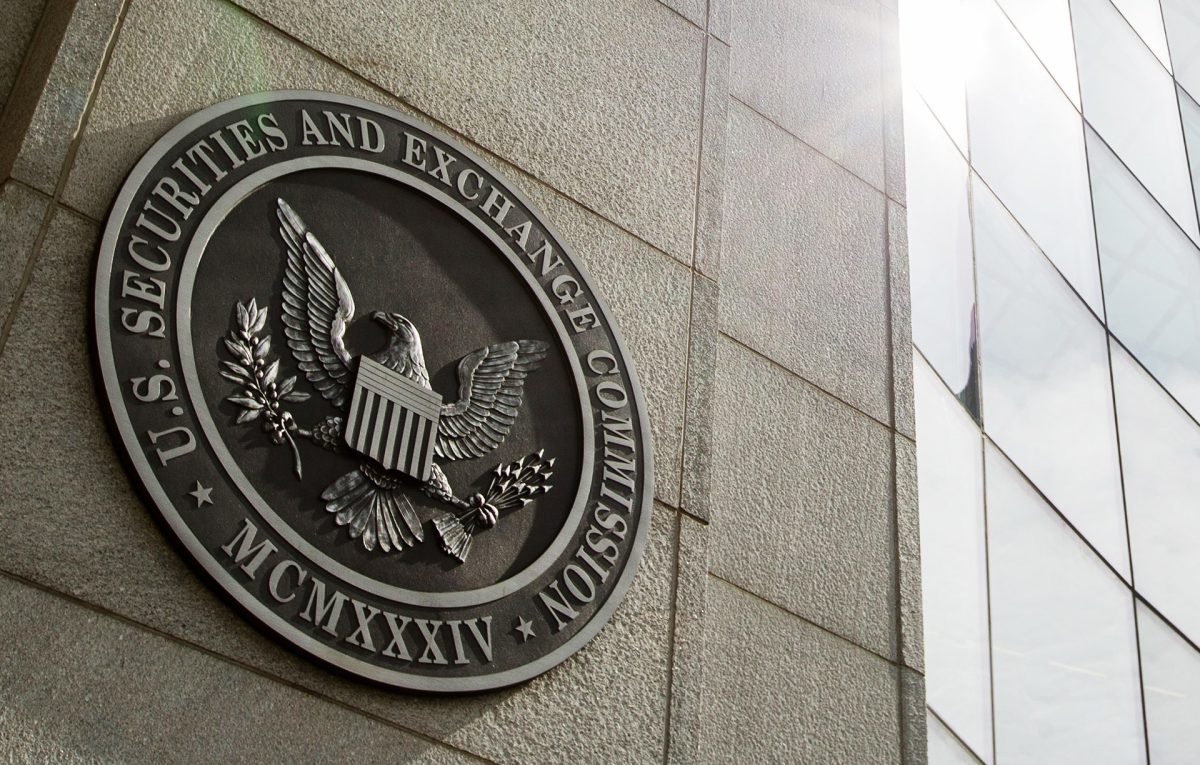SEC Tightens Control Over Crypto Investigations in Policy Shift
04.02.2025 16:00 1 min. read Alexander Stefanov
The SEC has introduced a new policy requiring high-level approval before launching formal investigations, a shift that could slow enforcement actions.
Previously, agency staff had the authority to initiate probes independently, but now politically appointed leadership must sign off before subpoenas can be issued.
This change follows Donald Trump’s return to office, with the SEC currently led by acting chair Mark Uyeda alongside commissioners Hester Peirce and Caroline Crenshaw. Once former commissioner Paul Atkins is confirmed, he is expected to take over as chair.
The decision has drawn mixed reactions. Some argue that stricter oversight will prevent unwarranted investigations, while critics warn it weakens the SEC’s ability to act swiftly against misconduct. The agency has declined to comment on whether the change was officially voted on or who authorized it.
Under previous administrations, enforcement powers varied—Trump’s first term required dual approvals for investigations, while Biden’s SEC allowed lower-level attorneys to proceed more freely. The latest policy grants commissioners greater control over enforcement, potentially signaling a more business-friendly regulatory approach.
-
1
Japan Plans Major Crypto Reform with New Tax Rules and ETF Access
24.06.2025 20:00 2 min. read -
2
Gemini Launches Tokenized MicroStrategy Stock for EU Users
28.06.2025 9:30 2 min. read -
3
Here is When the U.S. House Will Vote on Key Crypto Bills
04.07.2025 12:00 2 min. read -
4
U.S. Crypto Investors Hit by IRS Letter Surge as Tax Crackdown Looms
29.06.2025 11:00 3 min. read -
5
Ripple Drops Cross-Appeal, Moves to End SEC Case “Once and for All”
28.06.2025 12:30 2 min. read
Senate Confirms Crypto-Linked Nominee Jonathan Gould to Head OCC
The U.S. Senate has confirmed Jonathan Gould as the next head of the Office of the Comptroller of the Currency (OCC), moving his nomination to President Donald Trump for final approval.
Australia Tests CBDCs in 24 Separate Real-World Finance Use Cases
Australia is stepping up its digital currency efforts with the next phase of Project Acacia, a pilot focused on testing central bank digital currency (CBDC) and tokenized finance in real-world applications.
U.S. Treasury Eliminates Crypto Reporting Rule Targeting Decentralized Exchanges
According to Bloomberg the U.S. Treasury Department has officially eliminated a controversial crypto reporting requirement that targeted decentralized exchanges.
U.S. Lawmakers Target El Salvador With Crypto Sanctions Plan
Three Democratic senators—Chris Van Hollen, Tim Kaine, and Alex Padilla—unveiled a bill aiming to penalize El Salvador’s President Nayib Bukele and his allies.
-
1
Japan Plans Major Crypto Reform with New Tax Rules and ETF Access
24.06.2025 20:00 2 min. read -
2
Gemini Launches Tokenized MicroStrategy Stock for EU Users
28.06.2025 9:30 2 min. read -
3
Here is When the U.S. House Will Vote on Key Crypto Bills
04.07.2025 12:00 2 min. read -
4
U.S. Crypto Investors Hit by IRS Letter Surge as Tax Crackdown Looms
29.06.2025 11:00 3 min. read -
5
Ripple Drops Cross-Appeal, Moves to End SEC Case “Once and for All”
28.06.2025 12:30 2 min. read


